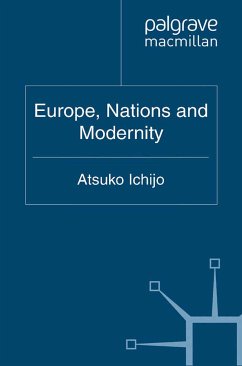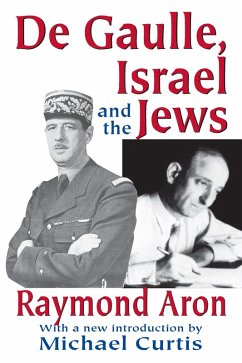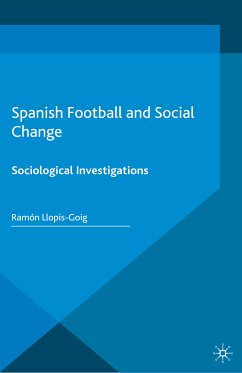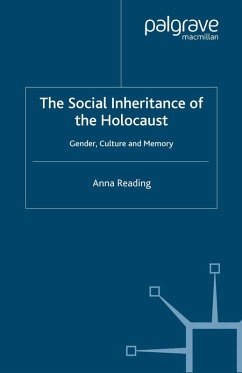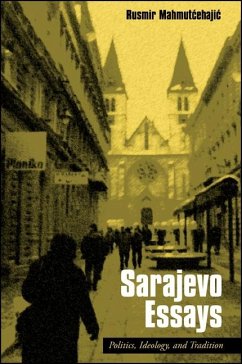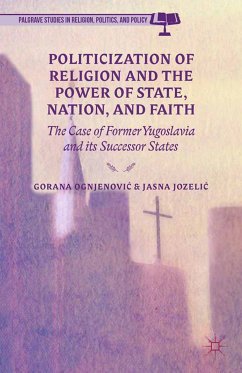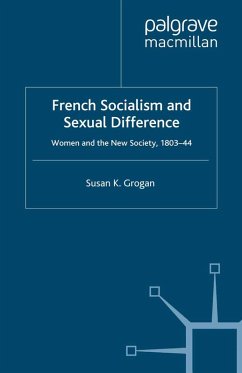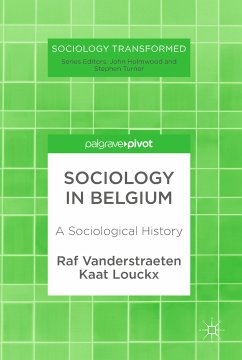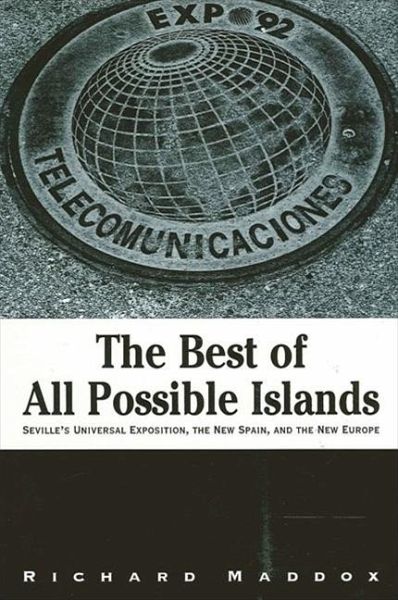
The Best of All Possible Islands (eBook, PDF)
Seville's Universal Exposition, the New Spain, and the New Europe

PAYBACK Punkte
37 °P sammeln!
Uses the world's fair of 1992 to spotlight changes in the political cultures of Spain and Europe.The 1992 world's fair in Seville serves as a vantage point from which to examine Spain's developing democracy and Europe's emerging unification, according to Richard Maddox in The Best of All Possible Islands. Visited by over fourteen million people, the Seville Expo drew the participation of more than one hundred countries and dozens of corporations. As part of Spain's "miraculous year" in which Barcelona hosted the summer Olympics and Madrid was designated the Cultural Capital of Europe, the Expo...
Uses the world's fair of 1992 to spotlight changes in the political cultures of Spain and Europe.
The 1992 world's fair in Seville serves as a vantage point from which to examine Spain's developing democracy and Europe's emerging unification, according to Richard Maddox in The Best of All Possible Islands. Visited by over fourteen million people, the Seville Expo drew the participation of more than one hundred countries and dozens of corporations. As part of Spain's "miraculous year" in which Barcelona hosted the summer Olympics and Madrid was designated the Cultural Capital of Europe, the Expo advanced a remarkably optimistic, cosmopolitan, and liberal vision of the past, present, and future of the "new Spain" and the "new Europe." Yet no aspect of this vision went unchallenged, and the Expo was at the center of fierce political rivalries and dramatic manifestations of popular discontent.
In an engaging and accessible narrative, Richard Maddox demonstrates how visitors and local residents understood the significance of the event in ways that largely escaped the knowledge and control of the Expo's organizers. Understanding how and why this occurred casts critical light on the transformation of Spain since the end of the Franco dictatorship in 1976 and illuminates some of the key cultural and political dilemmas that processes of European and global integration pose for citizens of democratic societies.
The 1992 world's fair in Seville serves as a vantage point from which to examine Spain's developing democracy and Europe's emerging unification, according to Richard Maddox in The Best of All Possible Islands. Visited by over fourteen million people, the Seville Expo drew the participation of more than one hundred countries and dozens of corporations. As part of Spain's "miraculous year" in which Barcelona hosted the summer Olympics and Madrid was designated the Cultural Capital of Europe, the Expo advanced a remarkably optimistic, cosmopolitan, and liberal vision of the past, present, and future of the "new Spain" and the "new Europe." Yet no aspect of this vision went unchallenged, and the Expo was at the center of fierce political rivalries and dramatic manifestations of popular discontent.
In an engaging and accessible narrative, Richard Maddox demonstrates how visitors and local residents understood the significance of the event in ways that largely escaped the knowledge and control of the Expo's organizers. Understanding how and why this occurred casts critical light on the transformation of Spain since the end of the Franco dictatorship in 1976 and illuminates some of the key cultural and political dilemmas that processes of European and global integration pose for citizens of democratic societies.
Dieser Download kann aus rechtlichen Gründen nur mit Rechnungsadresse in A, D ausgeliefert werden.




